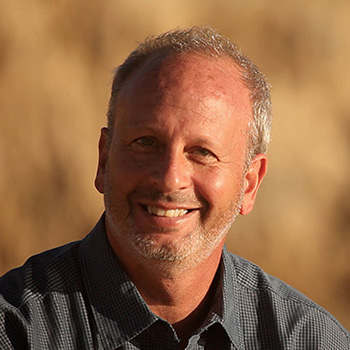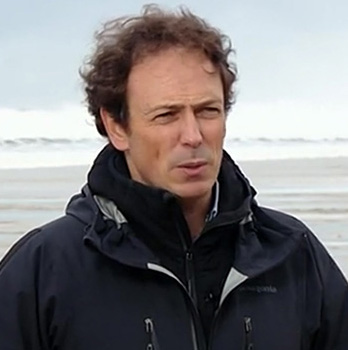Campus News
UCSC partners in NSF research hub to use nature to protect coastal communities
A $20 million NSF grant funds the new Climate Risks and Equitable Nature-based Solutions Hub, focusing on coral reef and mangrove ecosystems.


The National Science Foundation (NSF) has awarded an interdisciplinary team of researchers a $20 million grant to assess climate risks and identify where coral reefs and mangroves can best protect underserved coastal communities. The project is part of the NSF’s Coastlines and People program.
Michael Beck, a research professor who holds the AXA Chair in Coastal Resilience at UC Santa Cruz, will serve as co-director of the new Climate Risks and Equitable Nature-based Solutions Hub, partnering with Professor Maya Trotz, the lead principal investigator at the University of South Florida.
The hub will work to develop scalable and equitable engineering practices to build coastal sustainability by combining natural features, such as coral reefs and mangrove forests, with more built infrastructure, such as seawalls and floodwater pumps, to promote resilience to waves, storm surges, and sea level rise—threats that can cause property damage, erosion, and loss of life.
“Climate risks are rising, and they have particularly devastating effects on vulnerable coastal communities,” Beck said. “Coral reefs and mangroves can protect these communities from storms and be part of their solution for climate adaptation. By rigorously assessing climate risk and the socio-economic protections provided by reefs and mangroves, we open new opportunities to invest in these habitats and ensure their benefits for people and nature.”
The research aims to quantify the social and ecological factors required to develop effective policy changes and advance public and private investment in disaster risk prevention and reduction. Beck and his collaborators in the UCSC Coastal Resilience Lab have shown that reefs and mangroves provide tens of billions of dollars in flood protection every year, including to communities in Florida, U.S. Virgin Islands, and Belize, where the project will be focused.
Borja Reguero, an associate research professor at UCSC, will lead the research thrust on assessing coastal hazards, risks, and the benefits of nature-based adaptation.
“We will use the latest global climate models to drive coastal hazard projections and develop models to assess the role of ecosystems in coastal change across spatial and temporal scales,” Reguero said. “The goal is to assess linkages between changes in climate, ecosystems, shoreline change, and nature-based solutions across time scales”.
In addition to USF and UCSC, the research team also includes experts from Boston University, Stanford University, University of Miami, University of Virgin Islands, and East Carolina University. They are also working with the World Wildlife Fund, an international organization working to reduce human impact on natural environments; Fragments of Hope Ltd., which has been pioneering scalable coral reef restoration in Belize; and Black in Marine Science, which seeks to broaden participation in the marine science field.